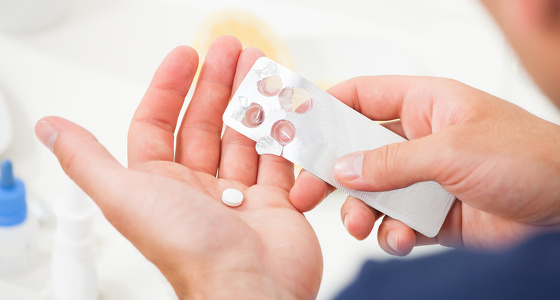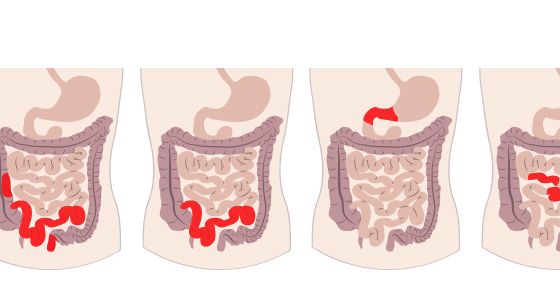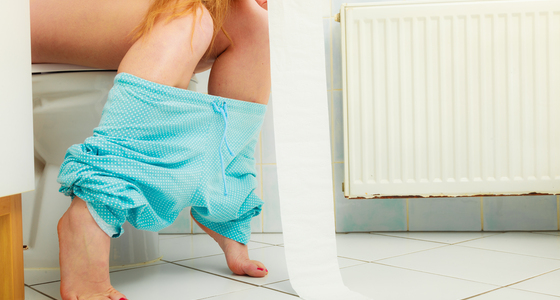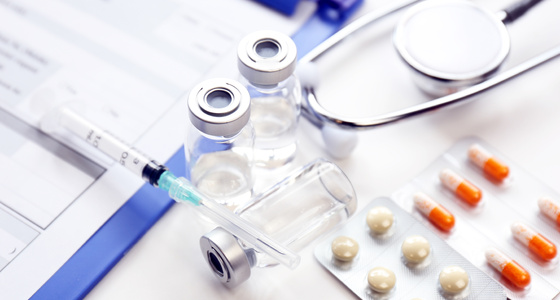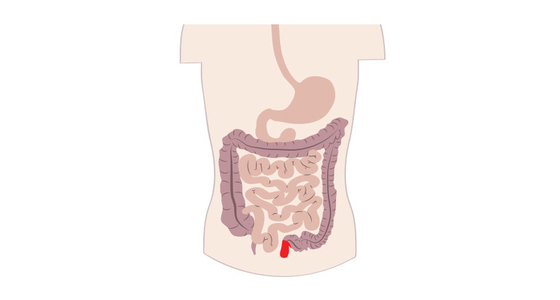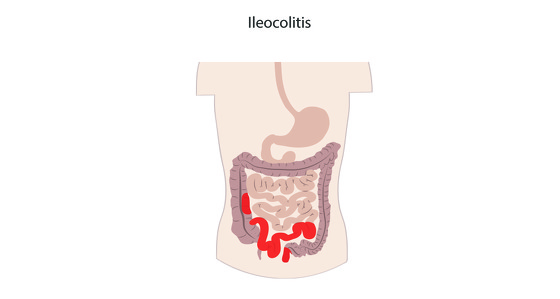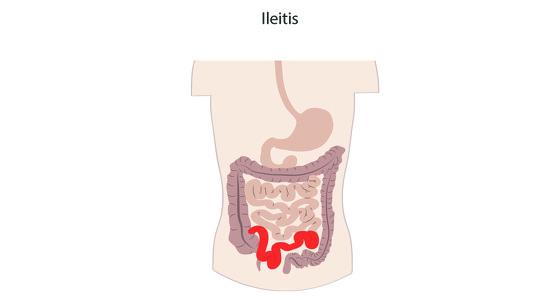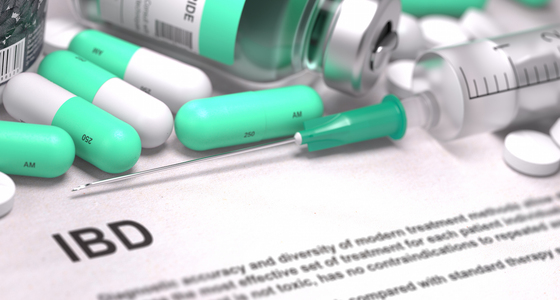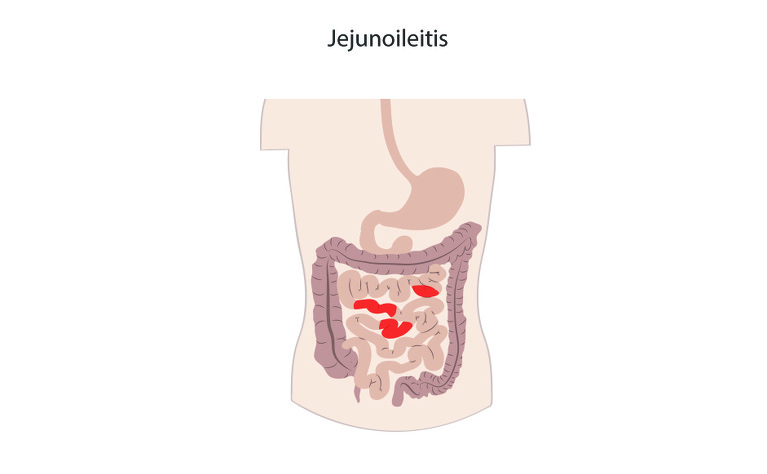
Jejunoileitis is a form of Crohn’s disease which causes inflammation in the jejunum (the upper half of the small intestine). This form of Crohn’s disease is fairly uncommon and is more commonly diagnosed in children than adults. It is a lifelong chronic condition which cannot currently be cured and is part of a group of conditions known as inflammatory bowel disease (IBD).
Crohn’s disease causes inflammation in the gastrointestinal (GI) tract. It most commonly affects the small intestine and the beginning of the large intestine, however it can affect any part of the GI tract from the mouth to the anus.
Crohn’s disease can affect the entire thickness of the digestive tract wall and may also skip areas - meaning you could have inflammation near you mouth and also in your small bowel but nowhere in between.
It is common for people with Crohn’s disease to be diagnosed with more than one type of the condition if inflammation is present in several places in the GI tract.
Typical symptoms include:
Treatments currently include medication and surgery. Some people have severely inflamed or damaged parts of their bowels surgically removed. This can reduce or eliminate the symptoms, however it does not get rid of the disease and there is a risk that it will return to another area of the GI tract in the future.
Some people also make adjustments to their diet and lifestyle to support their medical treatment - such as exercise, improving quality of sleep, reducing stress.

